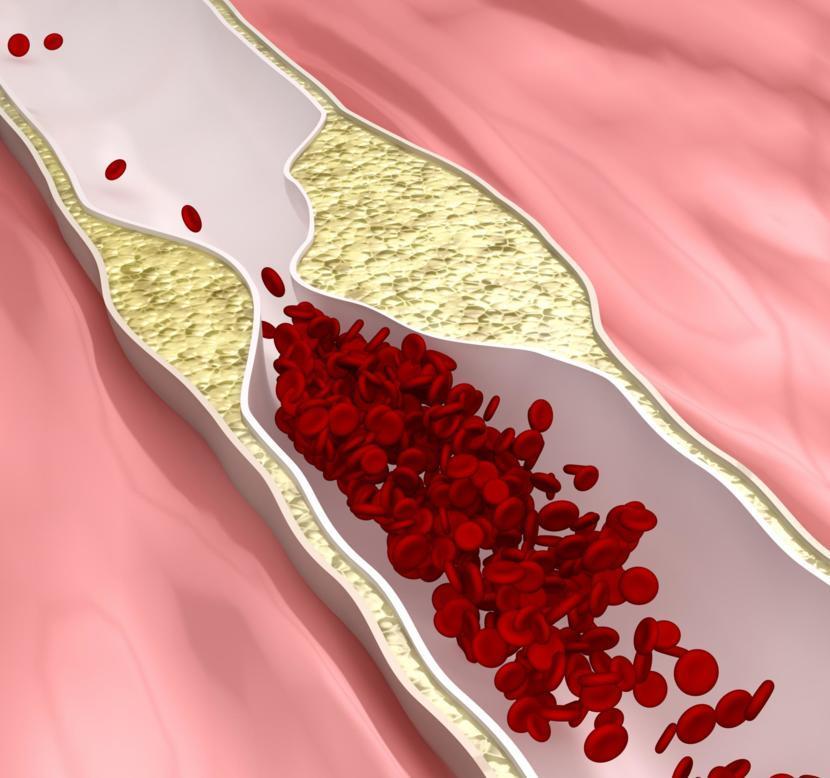Exploring Recent Advancements in Vascular Medicine

Dr. Christopher Yi, MD, is a highly skilled and respected Board-Certified Vascular surgeon specializing in vascular and endovascular surgery. With nearly 13 years of experience, Dr. Yi provides exceptional care for all vascular conditions, including carotid disease, aortic aneurysms, dialysis access, peripheral arterial... more
Vascular medicine, a field dedicated to the study and management of vascular disorders, has witnessed remarkable advancements in recent years. These breakthroughs hold the promise of revolutionizing patient care, offering more effective treatments, and improving outcomes. In this article, we delve into some of the noteworthy developments shaping the landscape of vascular medicine.
Endovascular Therapies
One of the forefronts of innovation in vascular medicine is the evolution of endovascular therapies. Minimally invasive procedures have become increasingly sophisticated, enabling precise interventions for arterial and venous conditions. Advanced catheter-based techniques, such as angioplasty and stent placement, have become standard practices. Notably, the field has seen the emergence of novel technologies enhancing precision, such as drug-coated balloons and bioresorbable stents, aiming to optimize patient outcomes and reduce complications.
Drug Therapies
Pharmaceutical interventions for vascular disorders have seen significant progress. Medications targeting arterial plaque reduction have shown promise in preventing and treating atherosclerosis. Anticoagulant and antiplatelet therapies have evolved, with new agents offering improved safety profiles and efficacy. Innovations in drug delivery systems, including sustained-release formulations, contribute to enhanced patient compliance and treatment effectiveness.
Imaging Technologies
The diagnostic landscape of vascular medicine has been transformed by cutting-edge imaging technologies. High-resolution imaging techniques, such as magnetic resonance angiography (MRA) and computed tomography angiography (CTA), provide detailed visualization of vascular structures. 3D imaging and virtual reality applications offer surgeons a more comprehensive understanding of complex vascular anatomy. Artificial intelligence (AI) integration in vascular imaging facilitates quicker and more accurate diagnostics, paving the way for personalized treatment plans.
Regenerative Medicine
Regenerative approaches in vascular medicine are gaining momentum. Stem cell therapies hold promise for vascular regeneration, with ongoing research exploring their potential in treating conditions like peripheral artery disease. Tissue engineering has advanced, leading to the development of artificial vascular grafts that mimic the natural structure and function of blood vessels. Clinical trials in regenerative medicine showcase encouraging results, opening new avenues for treating vascular diseases.
In conclusion, the recent advancements in vascular medicine underscore a commitment to pushing the boundaries of what is possible in patient care. From minimally invasive endovascular procedures to the integration of regenerative medicine, the field is evolving rapidly. As researchers and clinicians continue to collaborate and innovate, the future of vascular medicine holds the promise of more effective treatments, improved patient outcomes, and a brighter outlook for individuals with vascular conditions.









